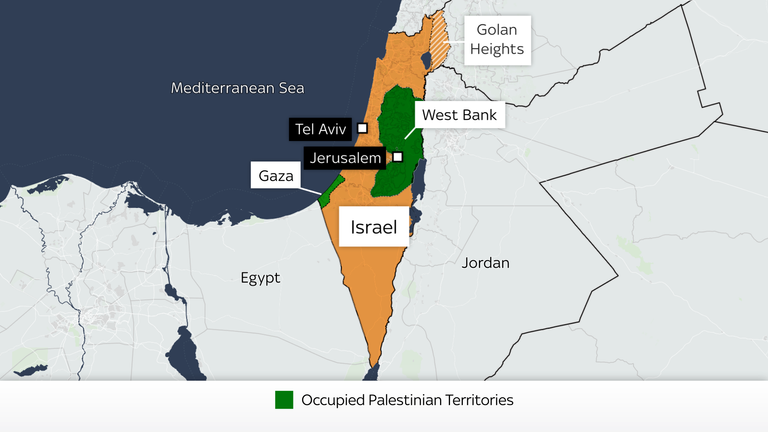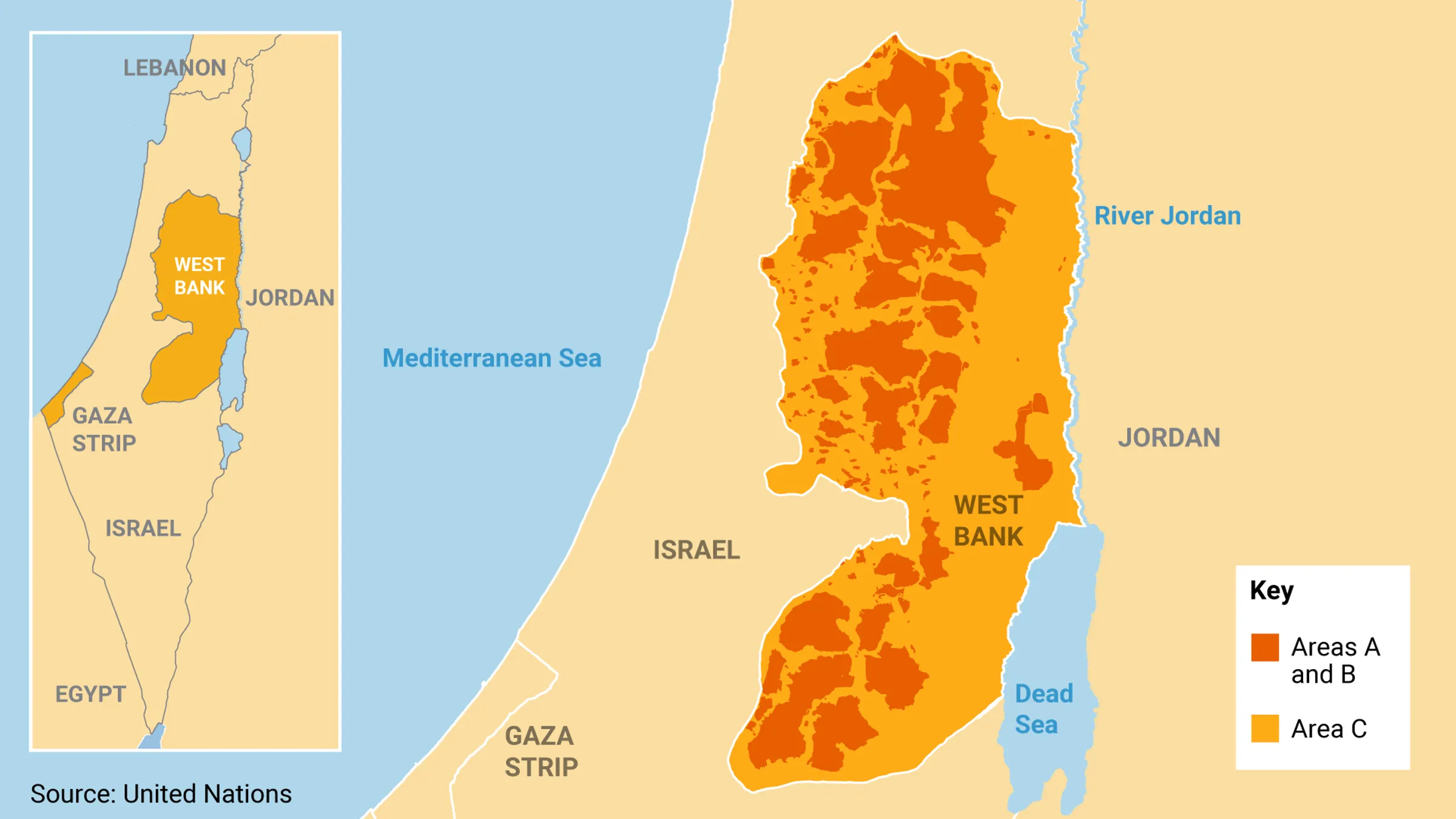Two-State? One-State? What Is the Solution?

If you gave me a dollar (or a shekel) every time a politician says "two-state solution," I would be rich.
In the many dialogue and educational events we have participated in, we are inevitably asked: "well, what do think is the solution?"
There are many proposed solutions out there, but as Ezra Klein often says: "right now, we are not in the solutioning stage".
Right now, we are not in the solutioning stage.
- Ezra Klein
The Proposed Solutions
The proposals for a solution to the Israel-Palestine conflict generally fall under one of two categories:
- One-State Solution: also known as the "binational" state, which envisions a single state encompassing the current state of Israel, as well as all of the West Bank and Gaza Strip, where Palestinians and Israelis have equal rights as citizens of a secular state.
- Two-State Solution: which creates two separate states, Israel (with a Jewish majority) and Palestine (Muslim Arab majority). This solution appears to be the most popular among world powers but is not favored by Israelis or Palestinians.
Why Both Proposals Fall Short
Where does one begin?
The one-state solution is a naively idealistic solution that is doomed to fail. The realities on the ground and extreme hostilities between the two people make this proposal difficult to entertain. The demographic imbalance between the Palestinians and Israelis is of major concern to the latter and would result in the former being the majority in a relatively short amount of time.
The two-state solution on the other hand appears more realistic on the surface, but the devil is in the details. Where would these borders be drawn? What about the settlements that currently exist in the West Bank and continue to be built to this very day?

Given the security concerns for both Israelis and Palestinians and the ongoing conflict, this solution at the moment is nonviable.
The Only Solution
The only possible solution is not an actual solution.
As mentioned earlier, it is widely believed now, given the current realities, that talk of a solution is simply a waste of time.
Simply put, there are no immediate solutions (the key word being "immediate"). Nothing is going to solve this very complex and multi-faceted conflict overnight. There are however several solution-like scenarios that could play out in the future.
An Immediate Stop to the Violence
The cycle of violence is very much at play here, and it breeds anger and thirst for revenge for a generation or two. If we are to have any hope that future generations can coexist, the killing must stop immediately.
Third Parties Get Involved
It is obvious by now that Israelis and Palestinians are not going to be able to resolve this on their own, so this conflict must be internationalized. Other countries, especially neutral ones, must get involved to make sure that agreements are being honored and treaties are being respected.
Palestinian Economy and Institutions Are Empowered
Even before the devastation that unfolded in 2023, the Palestinian economy (both in Gaza and the West Bank) was in tatters. High unemployment, lack of access to education, and limited social services have pushed the Palestinian population to the brink of collapse. It is no surprise that many Palestinian youth feel drawn to extremist movements and violent expressions of anger. The economic, political, and power imbalance between the Palestinians and Israelis exacerbates the complexity of this conflict.
Relative Peace Could Bring Economic Prosperity to All
Many foreign tourists would love to visit Israel and Palestine but worry about their safety and security. Imagine the economic windfall that could benefit both people from increased travel and tourism? Foreign investments could revitalize the whole region if the security situation could be improved.
Time Might Heal
A political solution will not instantly undo decades of extreme violence between the two people, but the lack of further violence plus time could dull the intensity of the trauma.
Palestinians who have lost their loved ones or seen their whole neighborhoods leveled to the ground might not forgive or forget, but their children one day might be less traumatized. Israelis who lost loves ones on October 7, 2023, might not forget, but their children also one day might make peace with those events.
Conclusion
Pals for Peace is on a mission to raise awareness about the reality of this complex conflict and caution against easy fixes and solutions. We wish it were not the case, but there is no panacea for this one, and if you agree with what you read here, then we'd love for you to join us on this mission.
